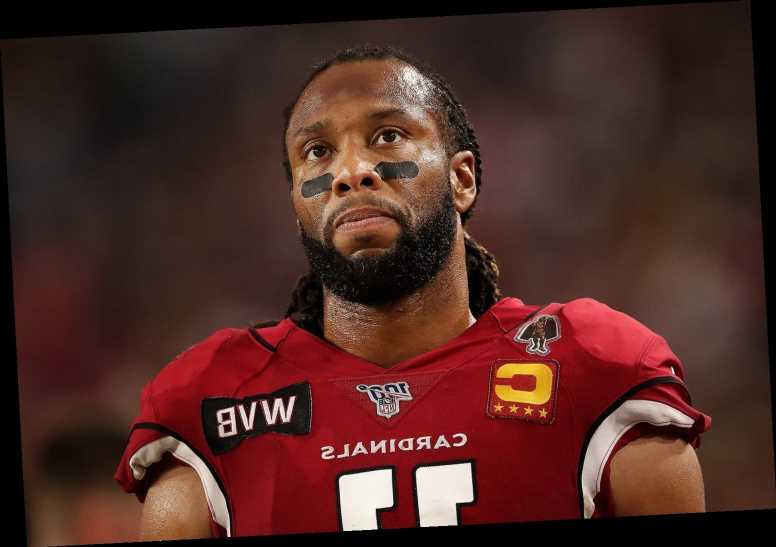

"The violent death of George Floyd in police custody is yet another example of a systemic problem we have yet to solve," wrote Fitzgerald, who played high school football at the Academy of the Holy Angels before attending college at Pittsburgh, according to ESPN. "[It's] a cancer we are failing to cut out. People and communities are suffering, lives are being lost and futures are being destroyed."
"The screams of disrespected voices are ringing out in our nation right now," he continued. "We must never condone violent riots that take lives and destroy futures but we must also hear the desperate voice of protest that is calling out for justice."
Fitzgerald's comments come just days after NFL commissioner Roger Goodell apologized for ignoring players who kneeled during the national anthem to protest police brutality and racism over the last several seasons.
The #TakeAKnee movement was started by Colin Kaepernick — then a player on the San Francisco 49ers — when he refused to stand during the national anthem before games. Many players in the league, and across other sports, joined in the on the protest by kneeling or participating with their own variations.
"We must work together to heal this divide and rebuild our communities by committing to let no voice go unheard," Fitzgerald concluded in his piece. "Our first step must be to listen to one another—to sincerely lean in and hear what the person who is different from us is saying."
"May God give us all ears to hear so that the cries of the unheard are never again compelled to scream in desperation," he added.
Read Fitzgerald's essay in its entirety on The New York Times website.
To help combat systemic racism, consider learning from or donating to these organizations:
• Campaign Zero (joincampaignzero.org) which works to end police brutality in America through research-proven strategies.
• ColorofChange.org works to make government more responsive to racial disparities.
• National Cares Mentoring Movement (caresmentoring.org) provides social and academic support to help black youth succeed in college and beyond.
Source: Read Full Article
